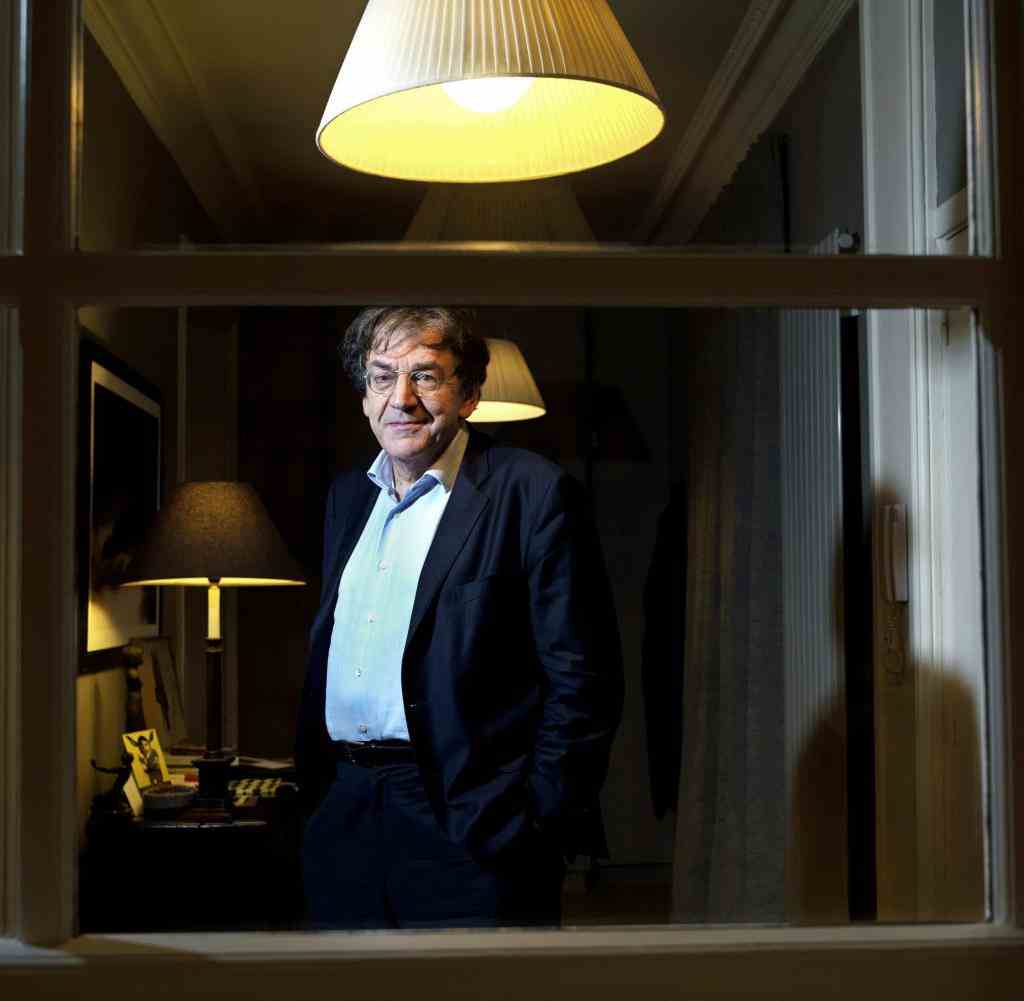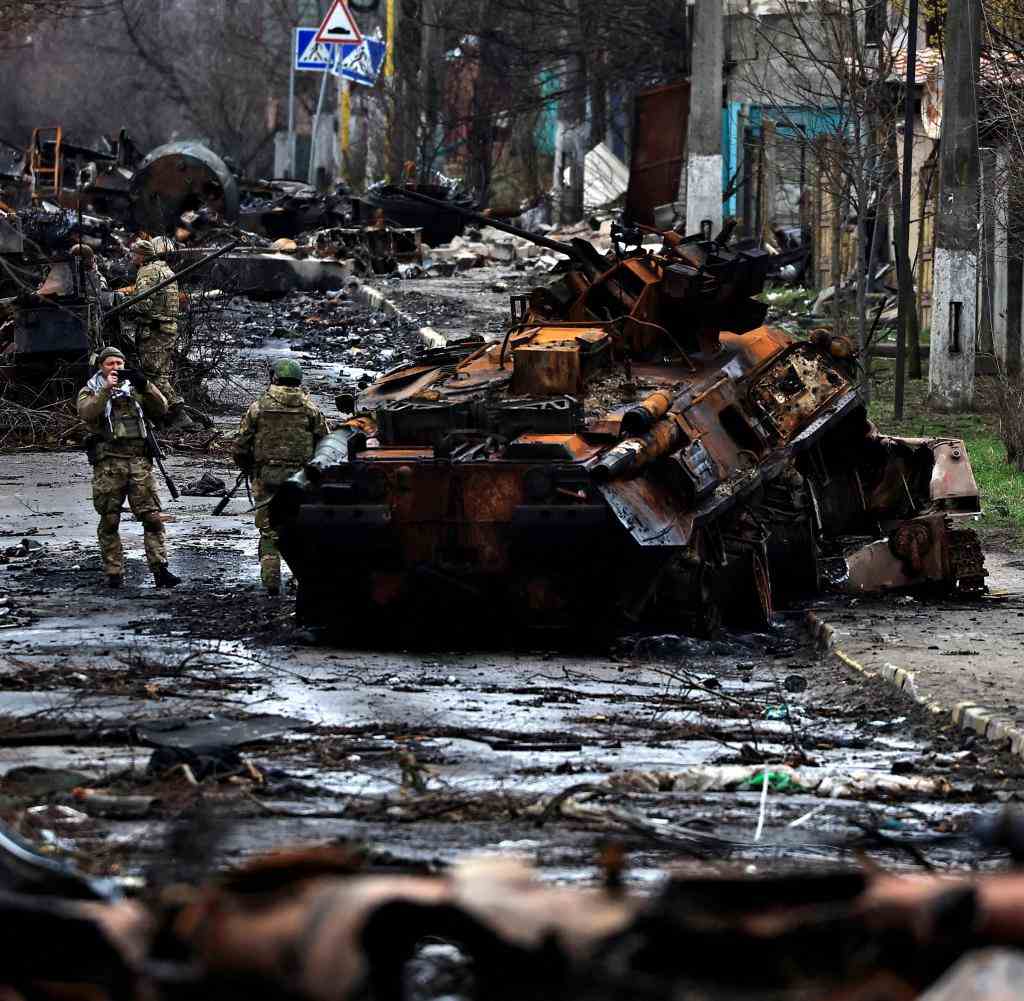BMany things are different than usual in this year’s conscription campaign. The Russian government wants to conscript 134,500 men for military service – the goal is therefore within the usual range. The question, however, is what exactly will these men face during their year of conscription. There are many indications that they could quickly end up in a combat zone and fear for their lives there.
Russian Defense Minister Sergei Shoigu said this week the new recruits would not be sent to frontline areas or “hot spots”. However, this statement was met with skepticism in large parts of the population. Many still remember the two Chechen wars in the 1990s and 2000s, which killed thousands of poorly trained young soldiers. Events leading up to the invasion of Ukraine also make many of those affected doubt.
“I don’t trust them when they say they don’t send conscripts into battle. They lie all the time,” says 22-year-old Vladislav, who fears being called up immediately after completing his studies – and who does not want to give his full name for fear of reprisals.
The current draft campaign has been running since Friday. In theory, all Russian men between the ages of 18 and 27 must serve for one year. So far, however, many have been able to avoid being called up, for example for health reasons or because they were deferred because of a university education. In Moscow and other larger cities in particular, the proportion of those who do not do military service is traditionally high.
President Vladimir Putin and his government initially claimed that no conscripts were being used in the war of aggression against Ukraine, which they always refer to in their propaganda as a “special military operation”. However, in the first few days, numerous Russian conscripts were apparently taken prisoner on Ukrainian soil. In videos that circulated online, some of them turned to their parents.
“I breastfed him. I raised him”
The mother of one victim says she recognized her 20-year-old conscript son in one of the videos, even though he was blindfolded. “I recognized him by his lips, by his chin. I would have recognized him by his fingers,” says the woman, who, out of concern for her safety, only wants to give her first name Lyubov. “I breastfed him. I raised him.”
The Ministry of Defense had to admit early on that Russian conscripts had also been sent to Ukraine. This happened “accidentally” and those captured served in a supply unit far from the front, it said. Before the invasion, conscripts were reportedly coerced into signing contracts allowing them to be sent to a combat zone – a practice normally reserved for professional soldiers. Some prisoners said their superiors told them they were on their way to a military exercise.
Lyudmila Narusova, who sits in the upper house of the Russian parliament, reported in early March that a whole company of 100 men were forced to sign such treaties and sent into battle – and of whom only four survived. The armed forces did not comment on the allegations.
Svetlana Agapitova, human rights officer in St. Petersburg, said Wednesday that relatives of seven soldiers complained to her that the men were forced to sign contracts and then sent to Ukraine against their will. According to the information, two of them are now back in Russia.
Moscow would have to make a decision sooner or later
In recent years, the Kremlin has made efforts to increase the proportion of professional soldiers as part of the modernization of the armed forces. There are currently more than 400,000 volunteer contract soldiers among the approximately one million members of the force. However, it is questionable whether the number would also be sufficient in the event of a prolonged war in Ukraine.
A Ukrainian soldier in front of a destroyed tank in Bucha
Source: REUTERS
Sooner or later Moscow would have to make a choice: either continue fighting with a limited number of soldiers and possibly miss some of the military objectives, or call up more men for service and risk public resistance that could destabilize the political situation. Such a development occurred during the Russian wars in Chechnya.
Dmitri, a 25-year-old IT professional, has not yet been drafted for health reasons. Like many other young Russians, however, he now fears that the authorities could suddenly tighten the rules in order to strengthen the armed forces. “I hate war,” emphasizes Dmitri, who also only wants to give his first name. The government has claimed for months that no attack on Ukraine is planned. “So why should I believe what you’re saying now about conscription?”
“Putin seems to have decided to focus on eastern Ukraine”
Ukrainian helicopters are said to have attacked a fuel depot in western Russia. “I could imagine such a coup de main,” says Roland Kather. “Putin has not yet given up the idea of occupying the entire country,” the military strategist said.
Source: WORLD / Alexander Siemon
According to the lawyer Alexei Tabalov, who advises conscripts, it is already common for young men to be drafted into service despite health problems. Now standards could drop even further, he warns. “It is very likely that doctors will ignore the illnesses of conscripts and declare them fit for military service.”
There are also fears that Moscow could impose some sort of martial law barring Russian men from leaving the country – a rule already in place in Russia-invaded Ukraine. “We receive a lot of inquiries from people who are afraid of mobilization,” says Tabalow. The Kremlin has vehemently denied any such plans. According to the lawyer, general skepticism is now also high on this point.



